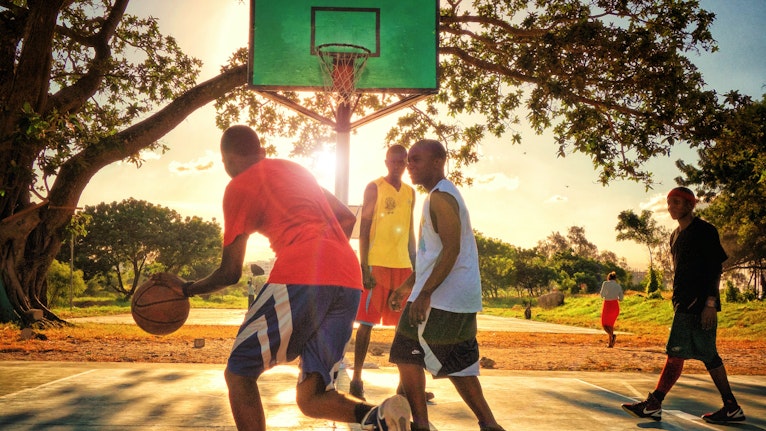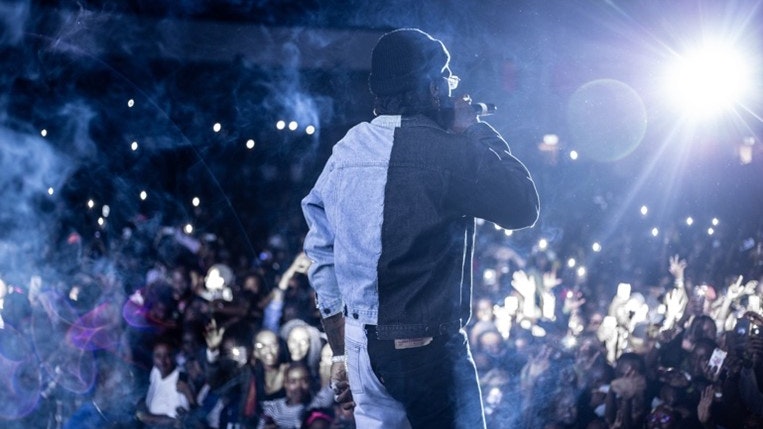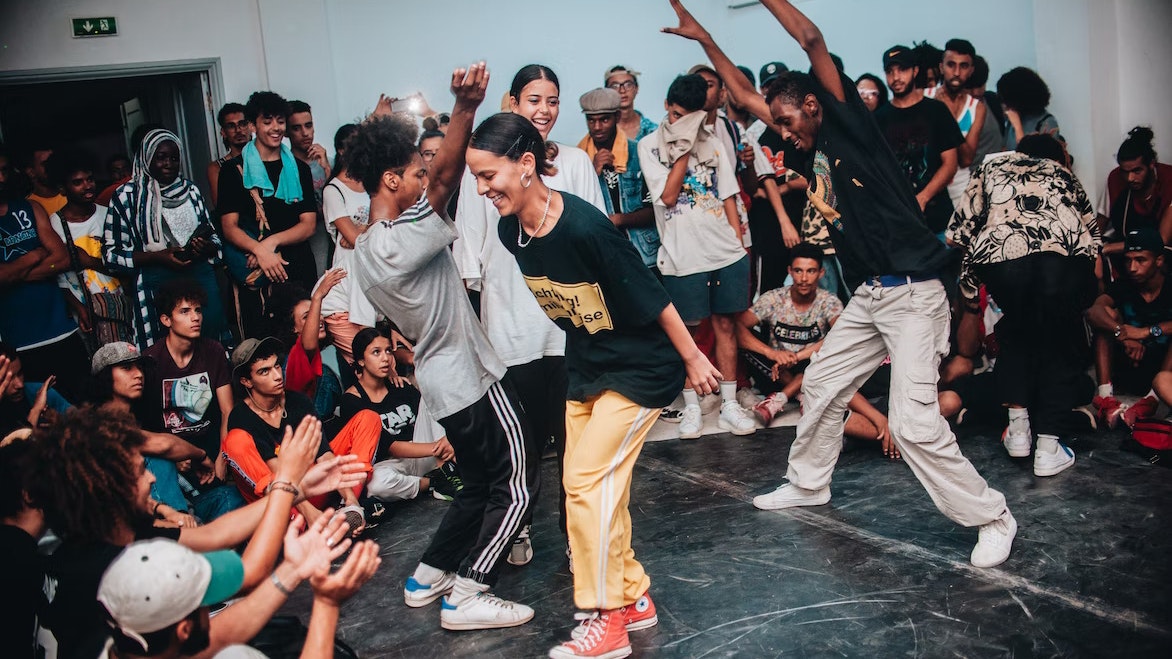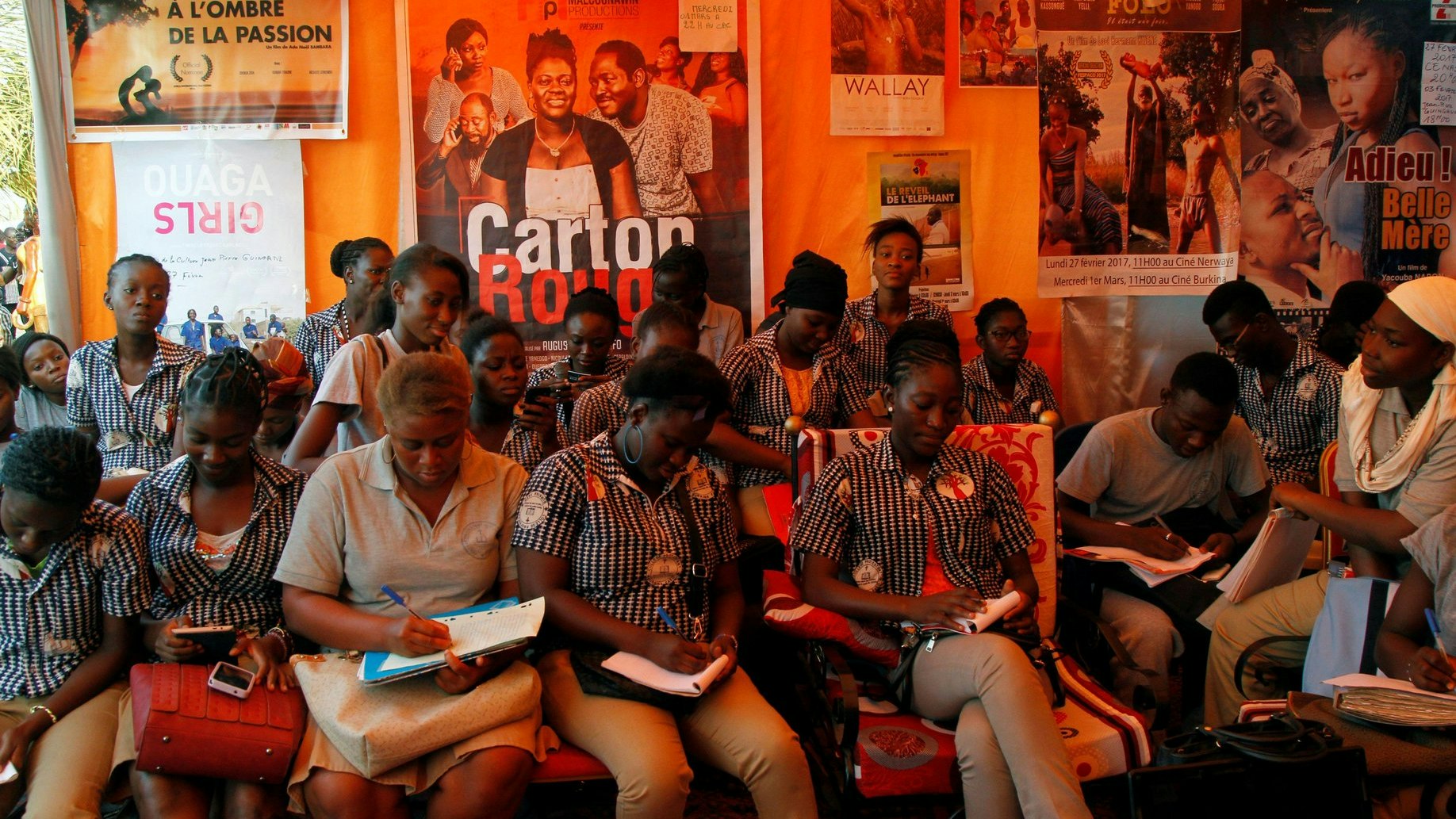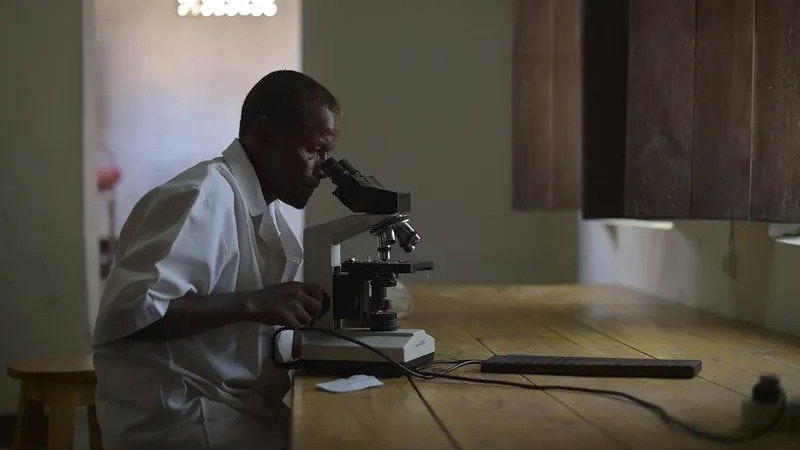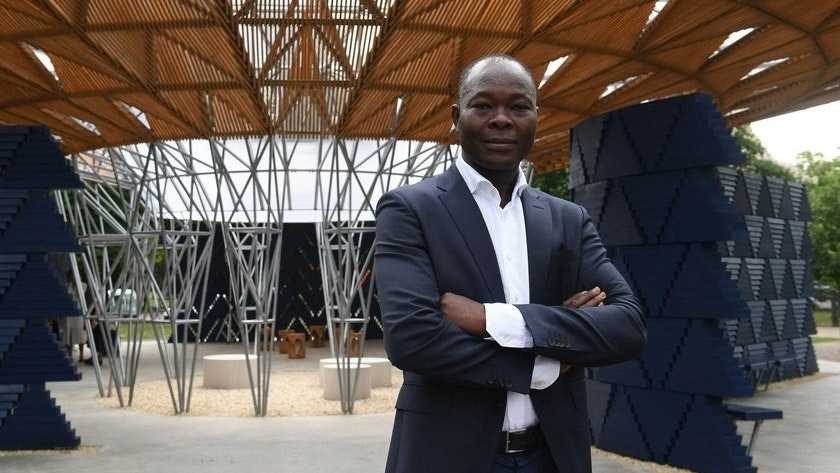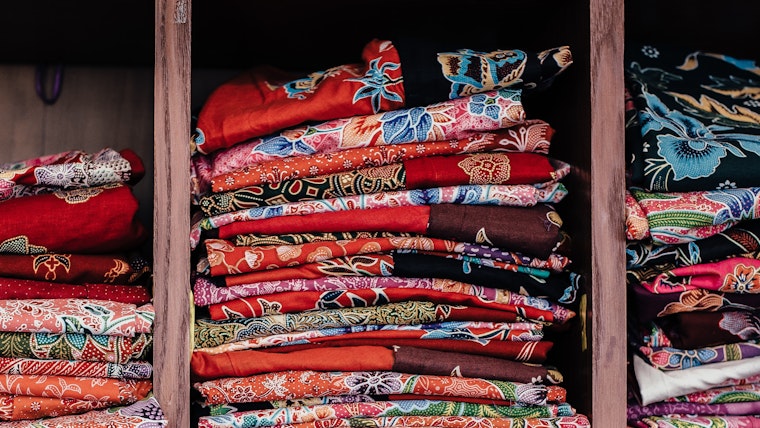
2021 was a memorable year for women’s rights and gender equality around the world.
From women at the forefront of the ongoing fight against COVID-19, to new laws to support survivors of gender-based violence, 2021 saw tangible, effective progress for a more equal society.
Tokyo hosted the most gender balanced Olympics in history, with almost 49% of participating athletes being women. Even toy giants Lego announced the end of gender bias across their globally successful toy range.
More women than ever before also took charge in the highest political offices, including appointments in Pakistan, Poland and the Philippines. Samia Suluhu Hassan became Tanzania’s first woman President in March. June saw Robinah Nabbanja nominated to the role of Prime Minister of Uganda. Najla Bouden Ramadhane was named Tunisia’s Prime Minister in September, making her the first woman to lead a country in the Arab region.
March also saw Ngozi Okonjo-Iweala take her seat as the Director-General of the World Trade Organization, making her both the first woman and the first African to hold this position in the organisation’s 26-year history.
Okonjo-Iweala is no stranger to shattering glass ceilings, having been the first woman to become Nigeria’s Finance Minister and Foreign Minister.
With International Women’s Day 2022 on the horizon, many African observers are looking to see where gender issues and women’s rights are gathering momentum, and impact, closer to home.
Fashionably great
‘Africa’s retail environments are some of the toughest in the world, given that 95% of the landscape is still made up of traditional trade outlets.’
Inspired by the talent and tenacity they saw across the continent, the African Development Bank (AfDB) created the Fashionomics Africa platform “with a view to building a prosperous Africa based on inclusive growth and sustainable development”.
The goal of the Fashionomics platform is to enable African women and youth designers to create and grow their businesses. The objectives include increased access to markets and finance, plus guidance from experienced mentors and networking opportunities.
Fashionomics also offers tremendous scope for women-led businesses to participate in regional and global integration, attracting investment and start-up accelerator projects.
African skills. Global demand.
The fashion industry globally is expected to double in the next 10 years, generating up to US$5 trillion annually. This presents a tremendous opportunity for Africa: from raw materials and design to production and marketing.
Targeting the fashion industry means targeting the whole industry, from the smallholder farmers to the fashion designers. At each step of the fashion ‘funnel’, more value is added, and additional jobs are created.
Big Catwalk
Africa is going through a cultural revolution, with a new generation of fashion entrepreneurs playing a key role in exposing and driving economic development.
The inspiration from Africa’s cultural traditions continues, including its vibrant hues and colourful fabrics, such as wax and printed dyed cotton, and the high quality of craftsmanship in African cultures.
The fashion industry also holds considerable potential to motivate and bring change to some of the most disadvantaged people, especially women and youth, while advancing structural transformation.
The industry and its designers, both on the continent and abroad, are capitalising on this situation, with Africa-inspired designs now regularly shown on the catwalks in fashion shows in New York, Paris, London and Milan. In October 2021, 20 African fashion designers recently showcased their new collections at Portugal Fashion Week.
Paris-based luxury brand consultant Uche Pézard says Nigerians are rebuilding their time-honoured traditions to explore cultural narratives through the rich language of the craft.
“What is happening is a huge transformation,” Pézard says. “Being a Nigerian designer today, that is using fashion as a platform to promote culture and heritage.”
Pézard points to the wider potential of artisanship for the Nigerian economy as an indicator of how this design style will unfold.
“The more designers use these textiles, the more people are trained, the more economic benefits, the higher the volume of trade. It becomes an industry in itself and an economic contributor to Nigeria as a country.”
Imagination + Investment = A brighter future
The global creative economy generates $2.25 trillion, employing nearly 30 million people. And yet Africa accounts for less than 3 percent of total revenue and 8 percent of creative industries jobs, leaving room for significant growth.
“The creative economy is recognized now as a tool of sustainable development,” says Marisa Henderson, Chief of the Creative Economy Program at UNCTAD. “For some developing countries, this is the path out of the pandemic.”
Some designers are propelled by the global inclusivity movement, prompted by protests, and the attention it’s begun to afford local artisanship.
“We’ve been focusing on fixing our foundational issues and what we can do to build from within. It’s time we grow all the aspects of our supply chain,” says Adebayo Oke-Lawal, creative director of Orange Culture Nigeria.
Ayensu hopes the protests lead to permanent change, with brands rethinking representation in their own companies.
“We’ll see its effects five, 10 years from now with a more diverse, global fashion industry that embraces African brands.”
The end goal is for Africa to be not just a “source of inspiration” but also “a powerful tool for change.”
